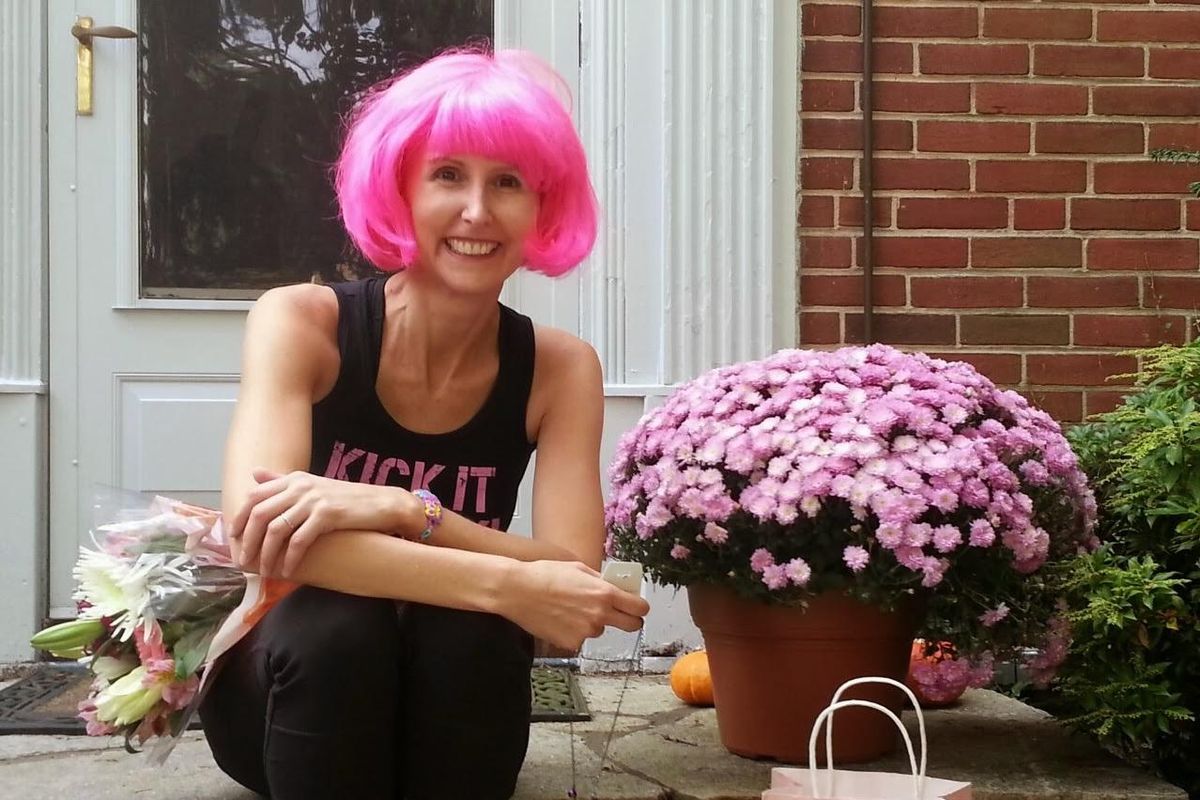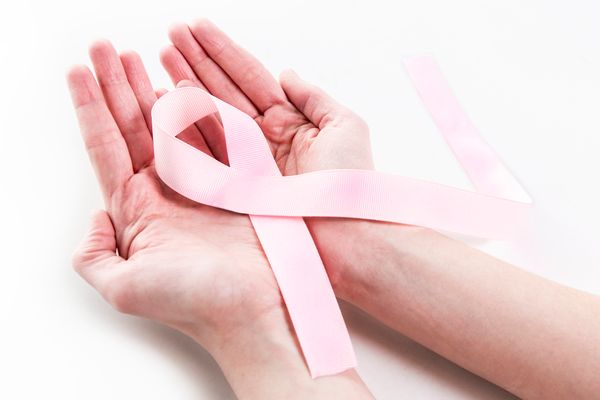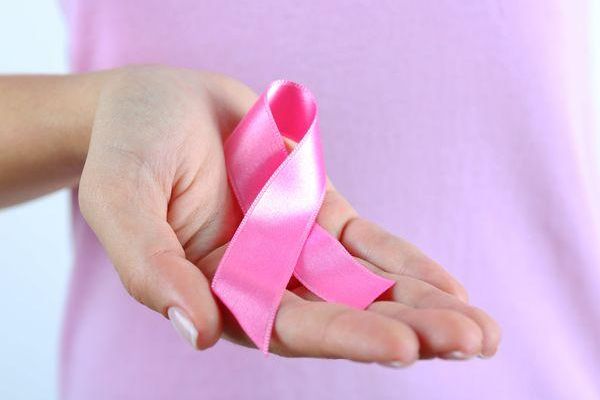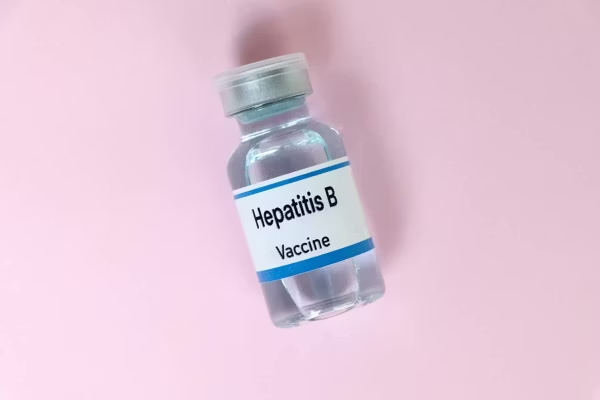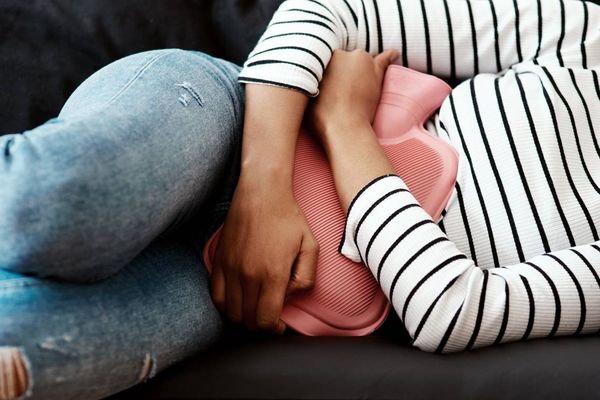Medical mayhem struck my life when I was 38. I found a rapidly growing, brittle breast lump during a breast self-exam in the shower. Then, a visit to the breast surgeon confirmed the lump was triple-negative breast cancer, which led to a mastectomy, eight months of chemotherapy and reconstruction.
Even after that, the mayhem still wasn’t over. After a brief break, a new lump grew rapidly in my chest wall where my breast had been removed. Once again, I found myself shivering in a thin paper gown in the cancer suite, awaiting a diagnosis I’d already predicted. The cancer had spread and was now metastatic breast cancer, which required more surgery, another full year of chemotherapy and, finally, radiation.
By the time I turned 41, I had been pummeled by terrible news and even more terrible survival statistics. If I treated the recurrence of cancer in my chest-wall with the recommended treatment of surgery, my survival odds would have been 15%. If I chose a brand-new-at-the-time — but brutal — cocktail of chemo, in addition to surgery and radiation, my survival odds would rise to 50%. Fifty was better than 15, so that seemed the obvious choice.
After I received the diagnosis of metastatic breast cancer, I found myself becoming uncharacteristically superstitious. Unable to answer the question of whether I would be alive to see my third-grade son grow up, I actively looked for signs everywhere. My husband finally had enough when I told him I’d found my upcoming PET scan result in my horoscope — actually, six out of nine online horoscopes. (The other three probably weren’t right.)
“This has got to stop,” he said.
Was my anxiety irrational? It seemed to me like the most rational response to terrifying circumstances. My oncologist tried to move my focus away from survival statistics.
“You are not a number,” he told me. “You are a person, and your personal survival odds are either 100% or 0%. I’m an optimist, so I say they’re 100%. Now, what are your survival odds?”
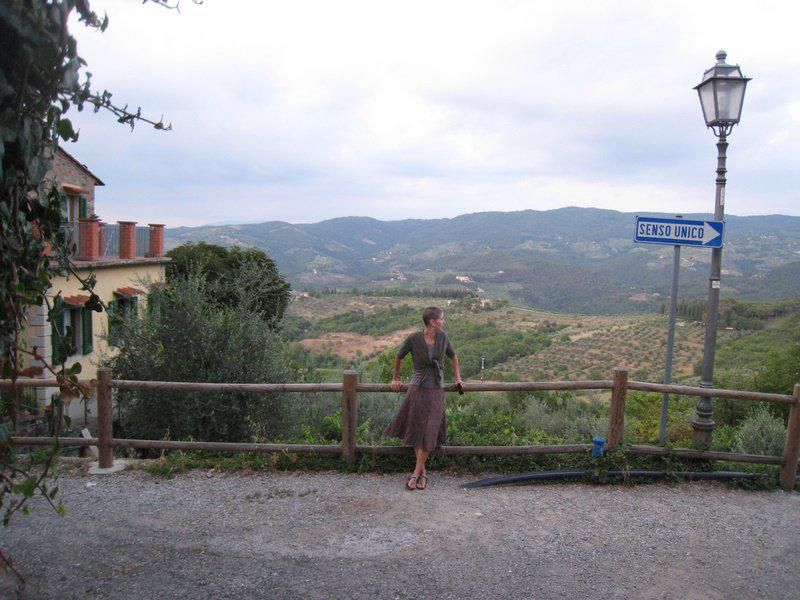
Erica in Italy
Was this a trick question?
“One hundred percent,” he answered. “You have to believe it too.”
I tried to believe it. I stood in front of the mirror as I brushed my teeth and willed it into my brain: 100%. But I wasn’t ready to invest in something as simple as hope. I wanted a miracle.
I wasn’t alone in this mindset. At my Tuesday morning yoga and meditation class for cancer patients, I sat in a room full of people with rare conditions. I had the unwanted distinction of being among the few whose breast cancer had returned and the exponentially fewer who had it return in the same place: a breast cancer with no breast. While most of the other cancer patients weren’t interested in turning the rest of us into miracle-believers, occasionally someone would get caught up in a fad and feel compelled to share.
“Have you tried [such and such]?” they’d ask. “It’s a miracle cure.”
On nearly every level of my brain, I understood the scientific process is solid, logic-driven and data-based. Scientific journals don’t publish urban legends. But what do the cancer patients hear? We hear about the one person who drank guava juice and went into remission. It flashes in our brains like a neon sign: That Could Be You!
In our pre-yoga chats, the hottest topics among the women with metastatic breast cancer were, at the time, mistletoe injections and alkaline water. I brought some of the ideas from my yoga group to my oncologist. My doctor assured me that if the companies that manufactured my cancer drugs got wind of a potential miracle cure, they would be testing it, tweaking it, rolling in it and fighting over it like dogs on a steak.
“And they’re not,” he concluded, firmly but kindly. “Because the actual evidence supporting these treatments is not that convincing. However …”
However, I was surprised to learn, my doctor didn’t oppose my participation in some of the nonharmful alternative therapy ideas I brought to him, at least in theory. I insisted one day I needed to try reiki, which was, according to a friend, “healing energy work.”
“Sure,” he replied.
“What? Really? It works?” I asked.
“No, not according to the literature. But it doesn’t hurt you in any way, and you believe it could work. That’s where it’s valuable, as a placebo. It can be a focus point for your hope,” he said.
“So if I ate nothing but marshmallows for two weeks straight and repeated ‘I believe in fairies,’ over and over, I could cure my cancer, if I believed hard enough that it worked?” I challenged him.
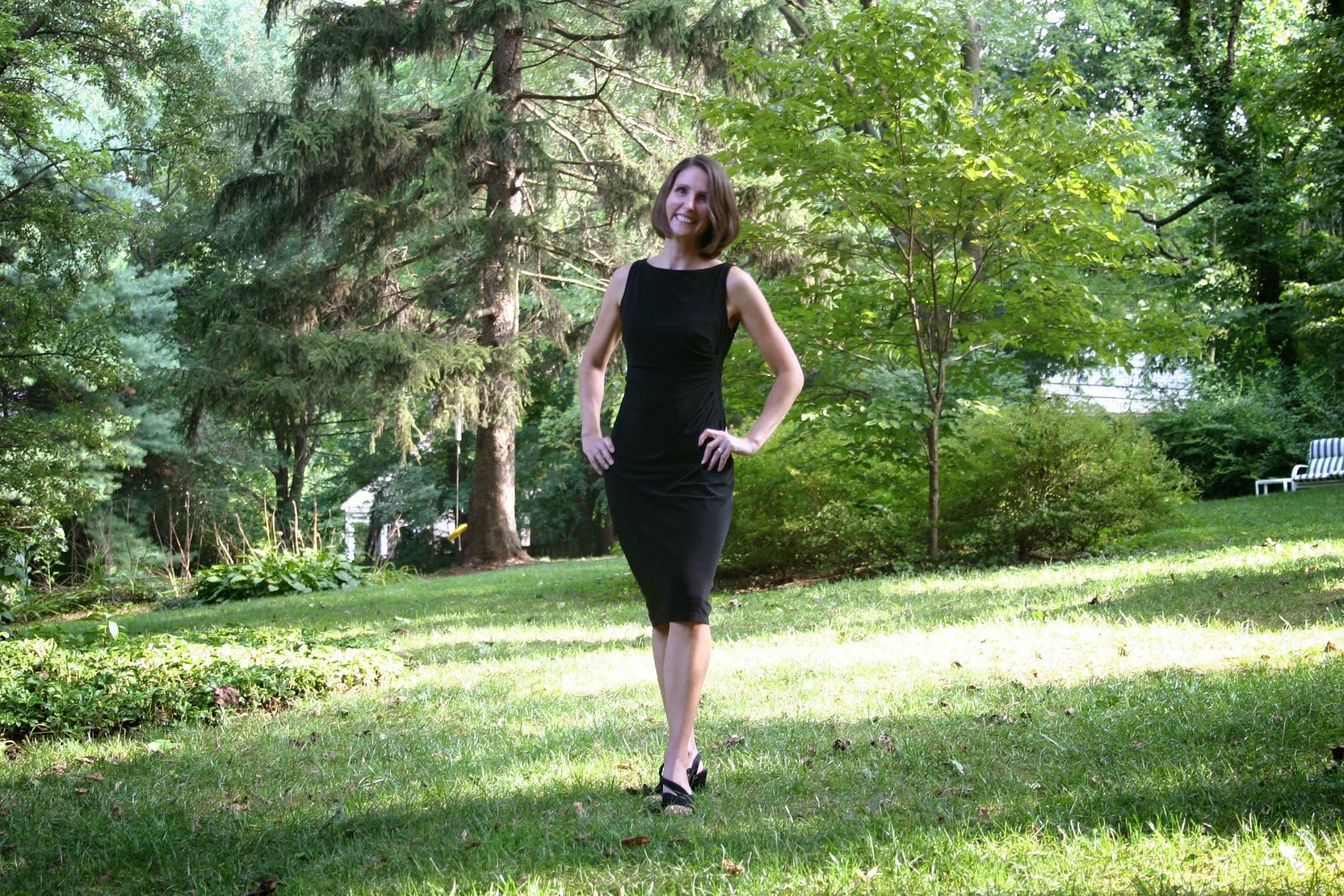
(Photo/Kevin Rimlinger)
He laughed. “In my profession, we tend to undervalue the placebo effect. But it’s proven. Hope and faith are proven to be beneficial. But then there are also treatments that are proven and published. And you need to do those too. I wouldn’t say, Do reiki and not chemotherapy. I’d say, Do both if you want. But don’t even think about the marshmallows. That’s just ridiculous.”
So my straight-laced, by-the-medical-journal oncologist told me to engage in the mystical arts of reiki. He believed it helped me because it helped me hope, and that, apparently, was a critical part of my treatment. Of all the chemicals coursing through my system, one of the most effective cancer fighters was actually just plain, ordinary, over-the-counter hope.
The reiki did help me cope with the symptoms of chemo. Did it increase my odds of survival? I don’t know. I still have trouble understanding why I survived and others in my metastatic breast cancer support group did not. They tried reiki too. They believed just as much. They fought just as hard.
The act of hoping wasn’t the miracle I set out to find, but to this day I believe it sustained me — and that was miracle enough. Every time I saw my oncologist, he asked me pointedly, “100%?” I’d nod, repeat it back to him, and some days I even believed it, 100%.
- How I Got My Sexual Groove Back After Surviving Breast Cancer ... ›
- Breast Cancer, Mama Mode and Me - HealthyWomen ›
- A Storyteller With Breast Cancer Shares Her Stories - HealthyWomen ›
- Real Women Real Stories: Breast Cancer Awareness with Cherrod ... ›
- Where Metastatic Breast Cancer Can Spread in the Body - HealthyWomen ›
- A Cancer Shock Inspired Me to Create the Community I Needed - HealthyWomen ›
- Living with Metastatic Breast Cancer - HealthyWomen ›
- I Have Outlived My Metastatic Breast Cancer Diagnosis - HealthyWomen ›
- Superé las expectativas de vida de mi diagnóstico de cáncer mamario metastásico - HealthyWomen ›
- Don’t Count Me Out Because I Have Metastatic Breast Cancer - HealthyWomen ›
- As a Breast Surgeon I was Diagnosed with Breast Cancer - HealthyWomen ›

